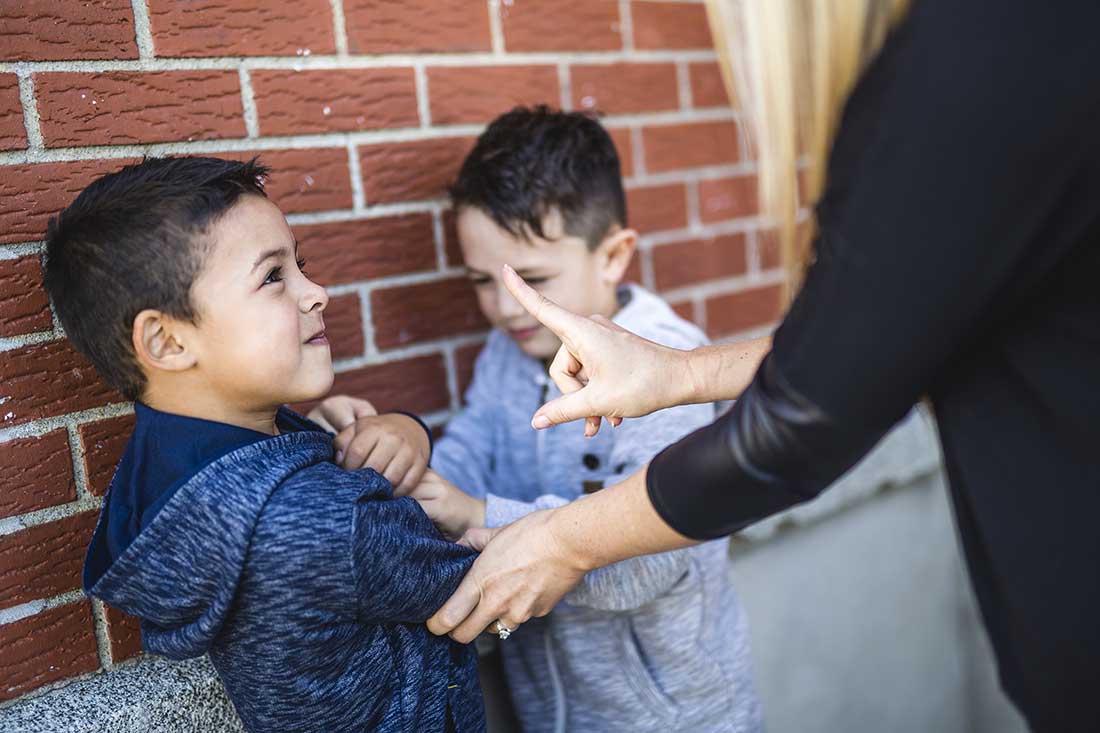
Now that bullying prevention programs are required in our schools, students who are the victims of bullying are finally getting the empathy and attention they deserve. The work, however, shouldn’t stop there.
Behind most bullying programs is the fundamental assumption that students who bully are choosing to do so in order to get something they want, such as social status or attention, and that these students could behave more kindly if they wanted to. Because of this assumption, students who bully are frequently punished via exclusionary practices like detention, suspension, or even expulsion. The punishment, the logic goes, should teach bullies that their behavior leads to bad outcomes instead of good outcomes, and when they realize that, they will stop bullying and be kind instead. But if that logic is correct, why do bullies so often come out of detention, or return from suspension, only to bully again?
Research actually tells us that students who are aggressive, oppositional, or otherwise behave in difficult ways are actually doing the best they can with the skills they have. All of us would like to have social status and attention; students who bully are lacking the skills they would need to attain status and attention in adaptive ways—skills like emotion regulation, self-regulation, communication skills, and social thinking. As a result, they seek status and attention in ways that prove harmful to others. Yes, bullies would like to avoid detention and suspension, and they would if they could. But detention and suspension don’t teach skills; the bully returns with no more skills than she had when she left and so cannot behave any differently.
Fortunately, there are evidence-based approaches that help kids who exhibit challenging behavior build skills they lack, like self-regulation and social thinking skills that are linked to social aggression. Those approaches include things like Restorative Practices, Social Thinking, and our Collaborative Problem Solving model.
While not a popular view, bullies lack the skill, not the will, to behave better. If we want to effectively address bullying, we need to focus on helping bullies develop the skills they need to not bully. Our underlying assumptions about the cause of the bullying leads us to punish the bullies; ironically, it is only by having compassion and understanding for the bullies that we best help future students avoid being victims.
As originally posted in Psychology Today